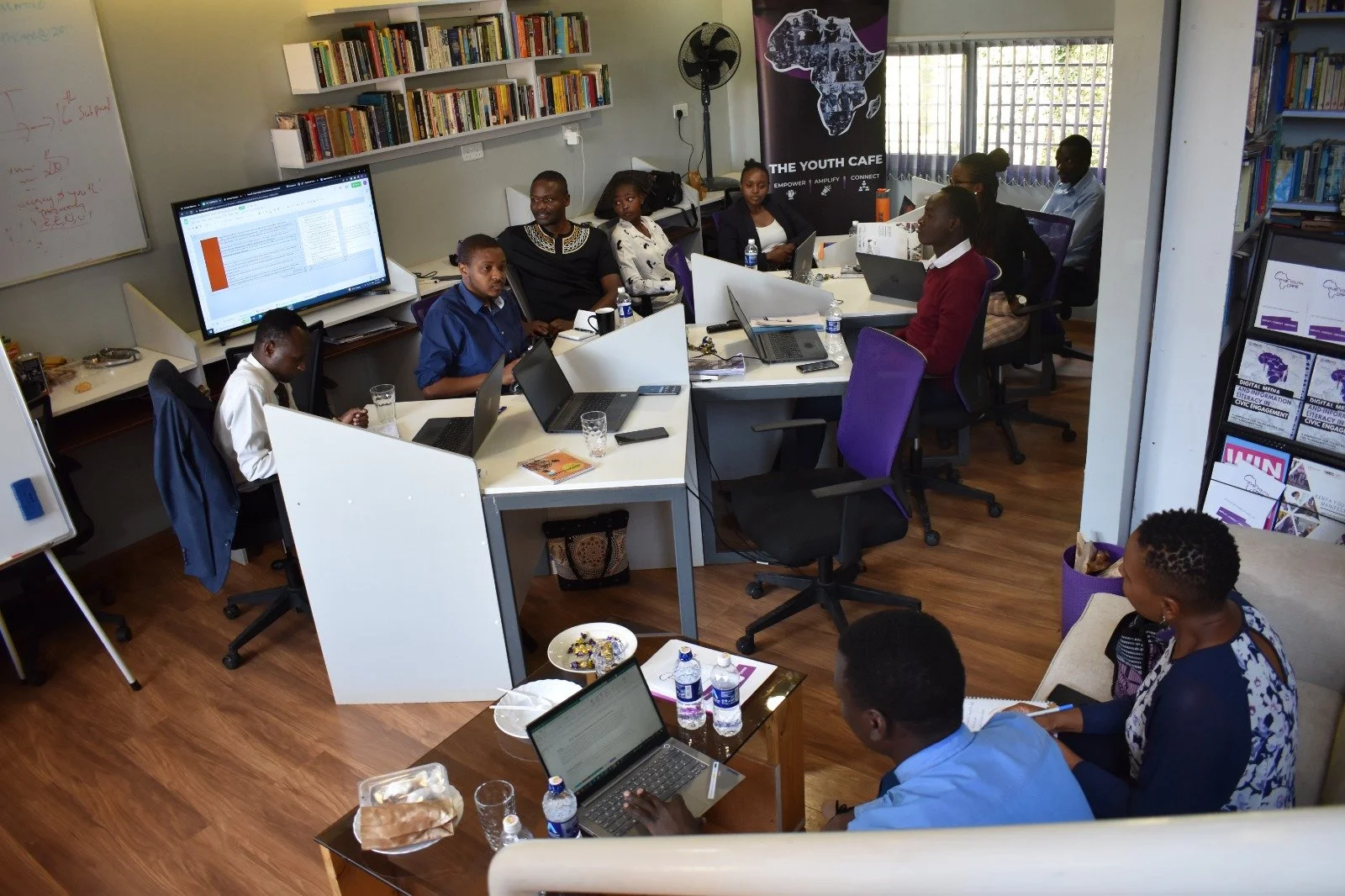The international community has now acknowledged vulnerability as a severe obstacle to development due to the damage caused by exogenous shocks and stressors to which countries are increasingly being exposed. These shocks span diverse domains, such as terms of trade fluctuations, natural disasters, supply disruptions, conflicts, civil unrest, and unprecedented shocks such as the COVID-19 pandemic. It is evident that low national income, often measured by Gross National Income per capita (GNI pc), is a weak measure of development, material welfare, or well-being.
Enhancing Youth Political Participation Throughout The Electoral Cycle
Young people between the ages of 15 and 25 constitute a fifth of the world’s population. While they are often involved in informal, politically relevant processes, such as activism or civic engagement, they are not formally represented in national political institutions such as parliaments and many of them do not participate in elections. This can impact on the quality of democratic governance. The inclusion of youth in formal politics is important, as the 2011/2012 Arab States popular uprisings and various Occupy movements have demonstrated. In countries in transition, fresh ideas and new leadership can help to overcome authoritarian practices. Where youth-led protests have forced authoritarian regimes from power, significant frustration is likely to arise if youth are not included in new formal decision-making. This can destabilize democratization and accelerate conflict dynamics.
Youth 2030 | Working With And For Young People
Young people constitute a tremendous and essential asset worth investing in, opening the door to an unparalleled multiplier effect. At the same time, young people are also facing incredible challenges and even life-threatening risks, disproportionately carried by girls and young women in many parts of the world.



